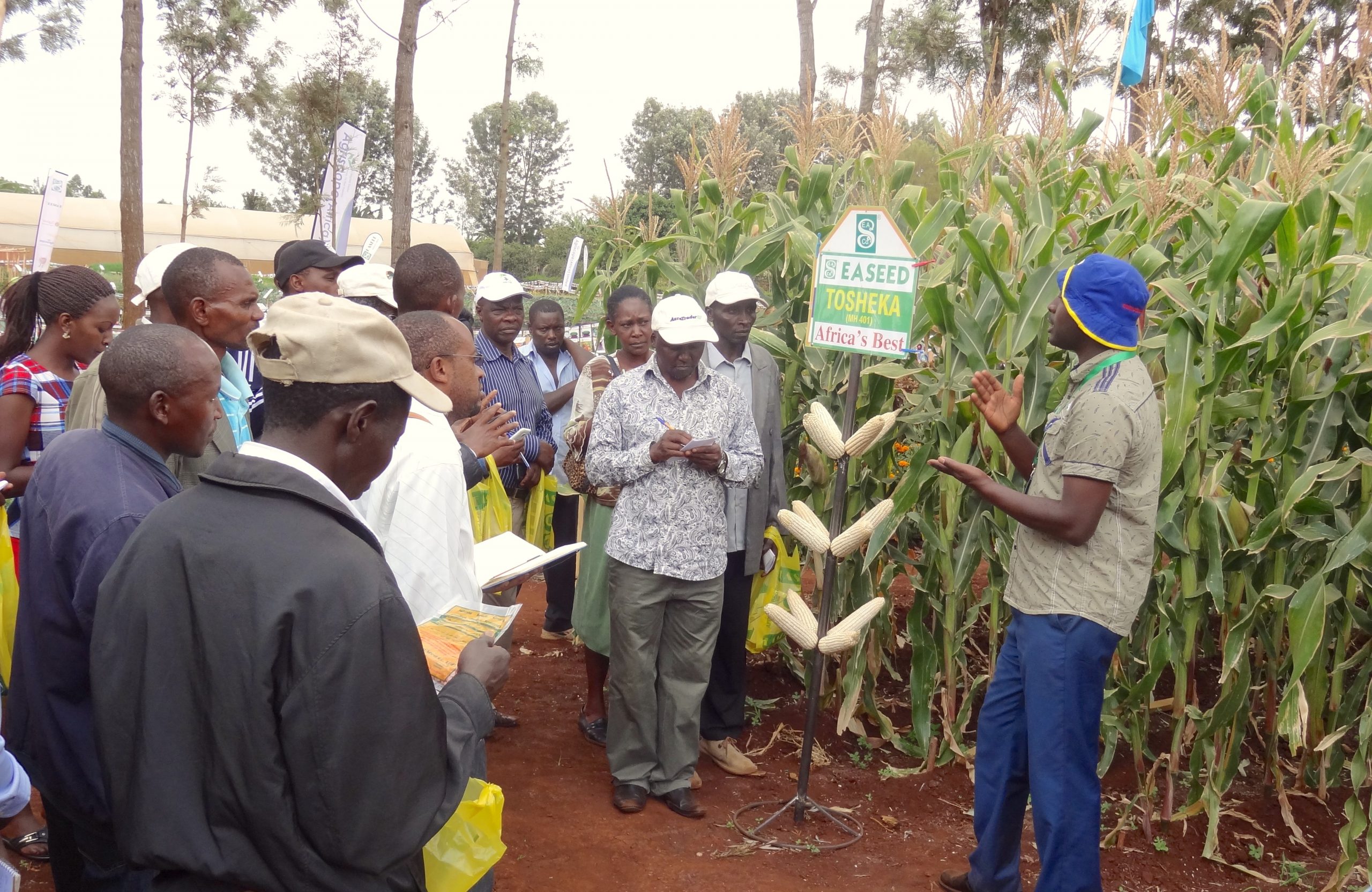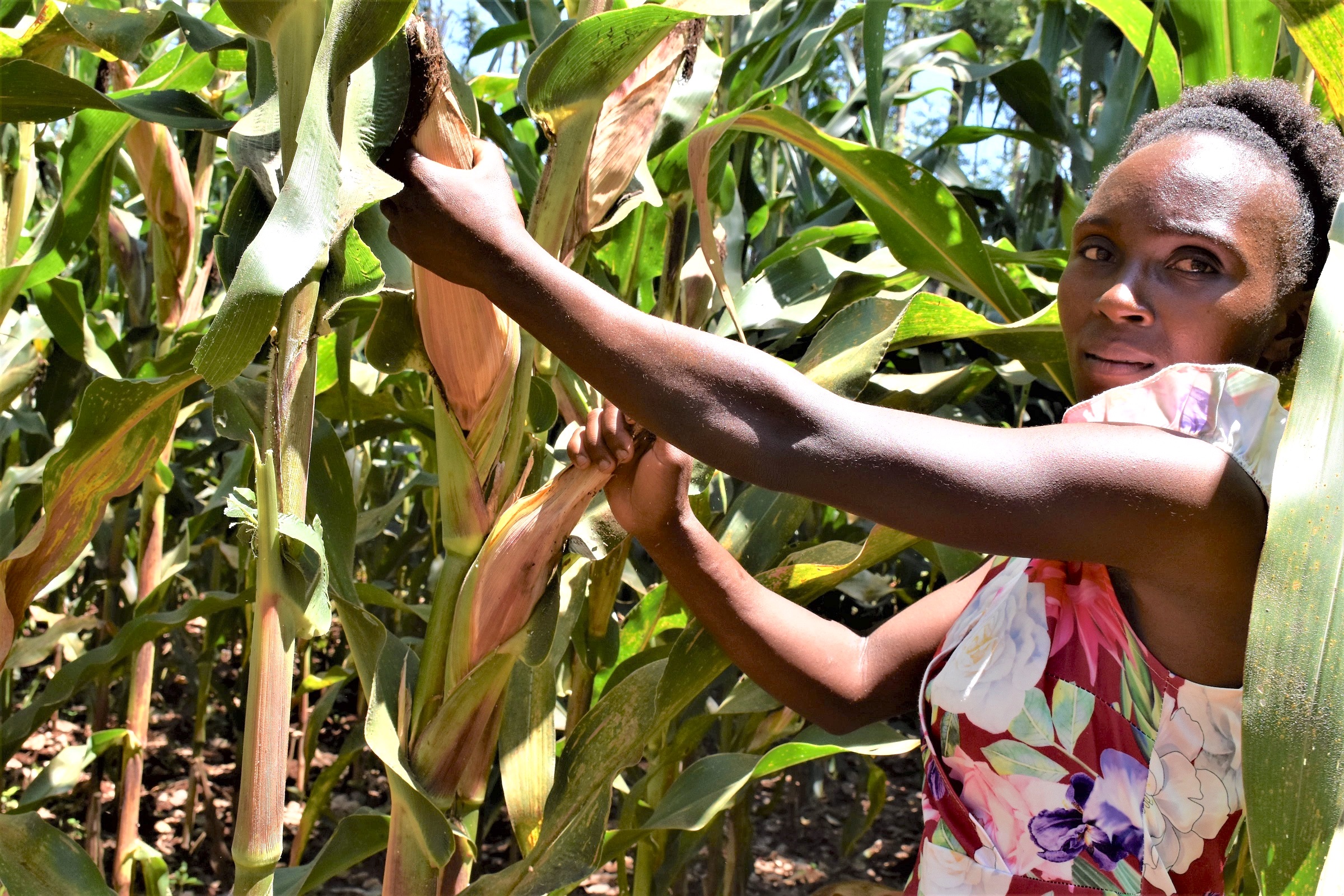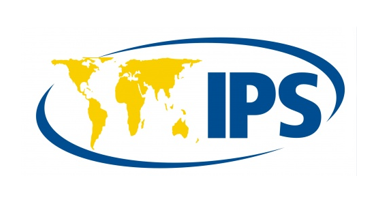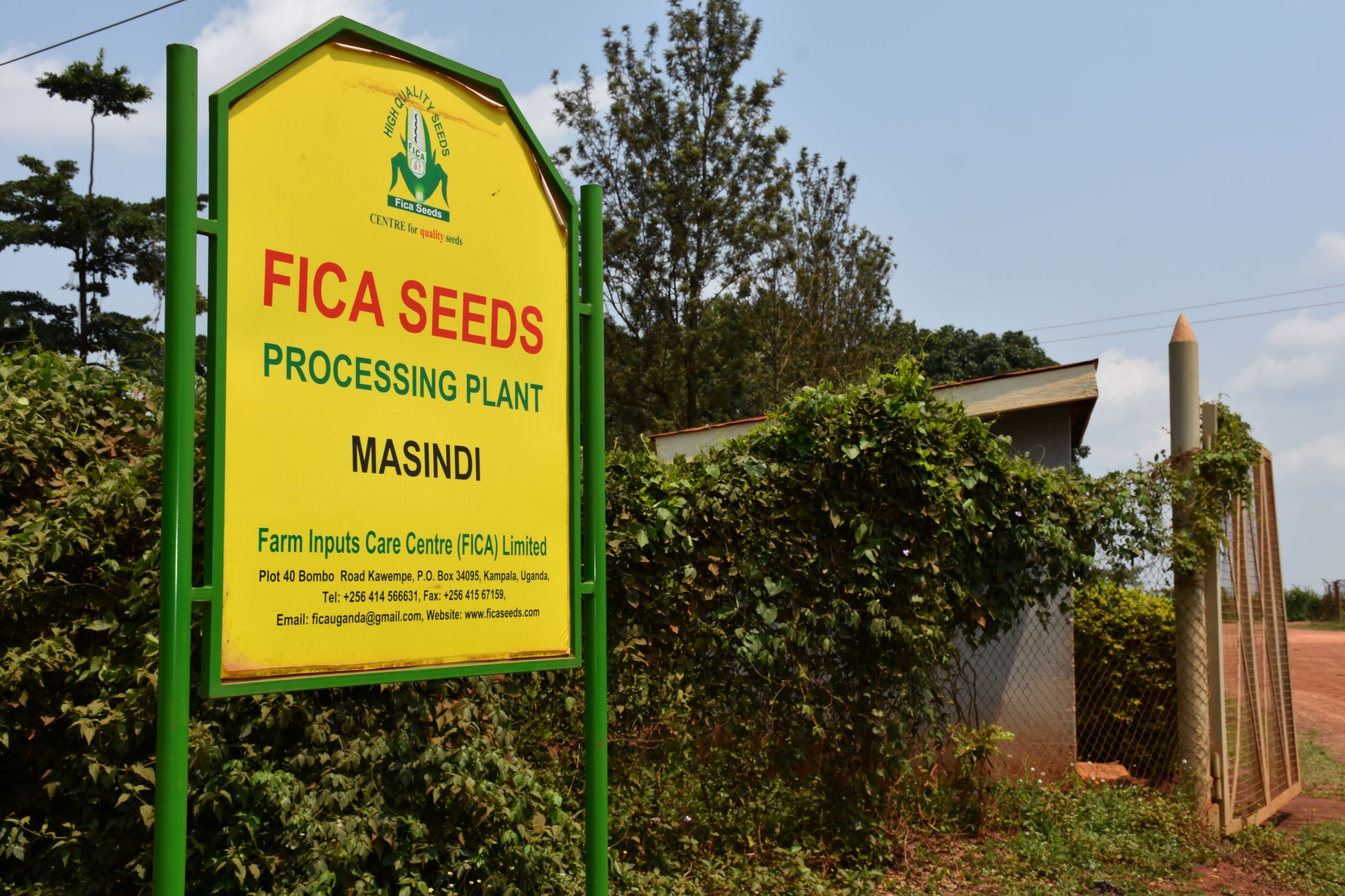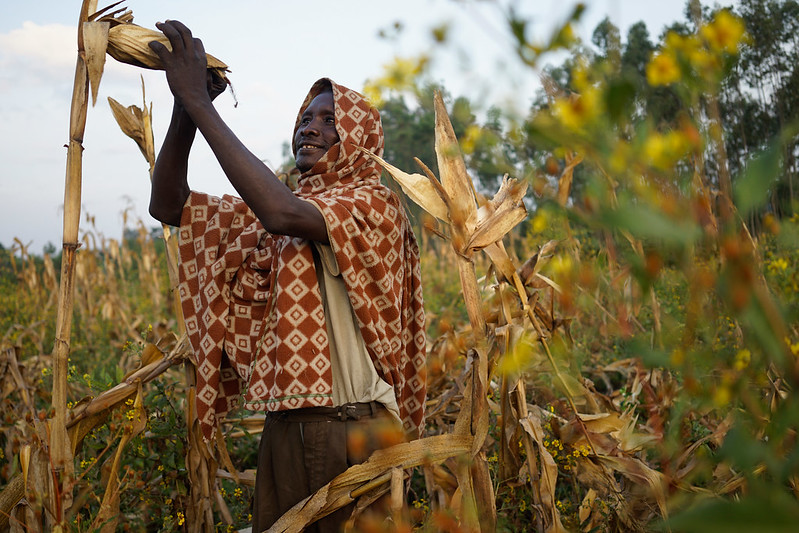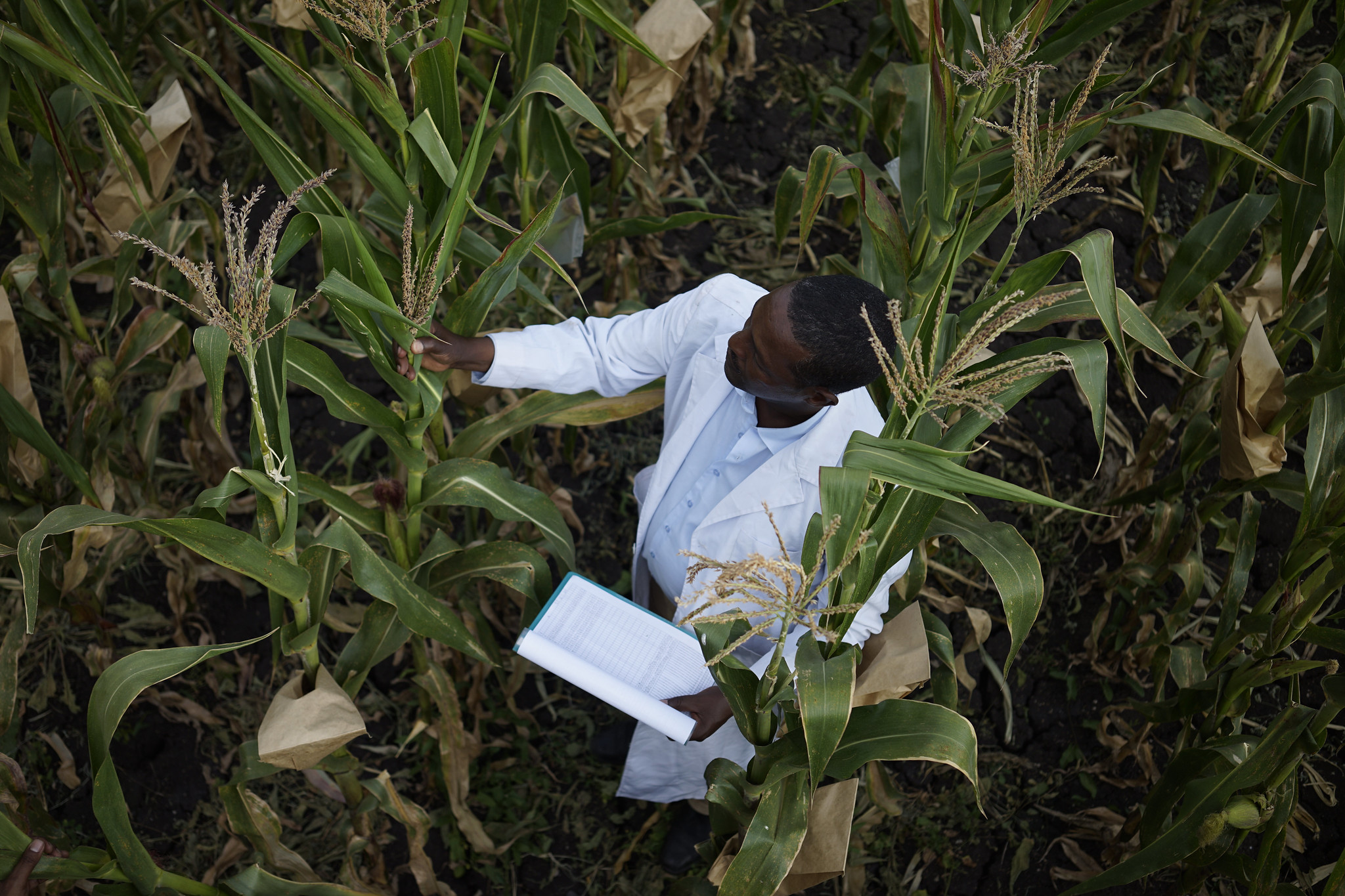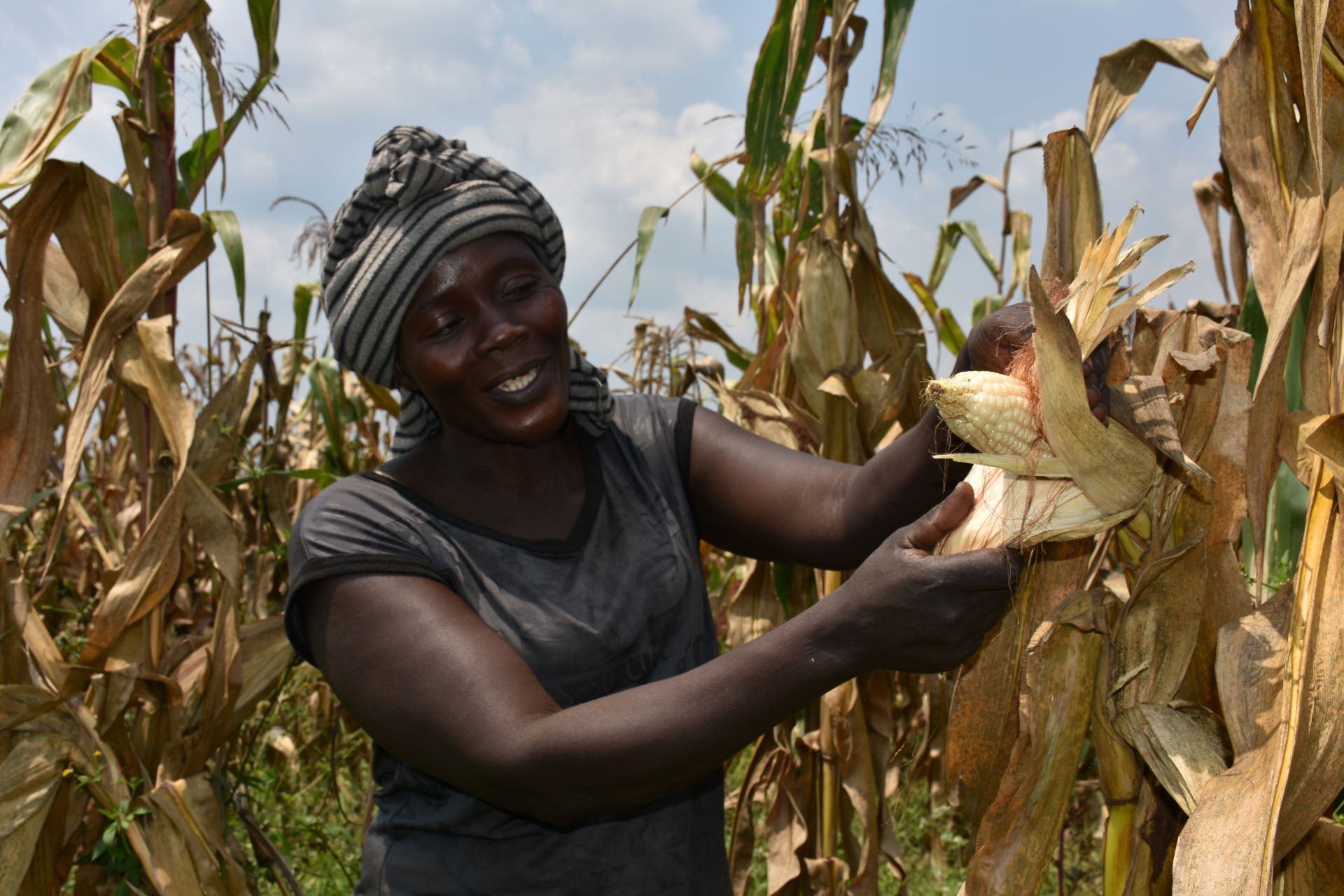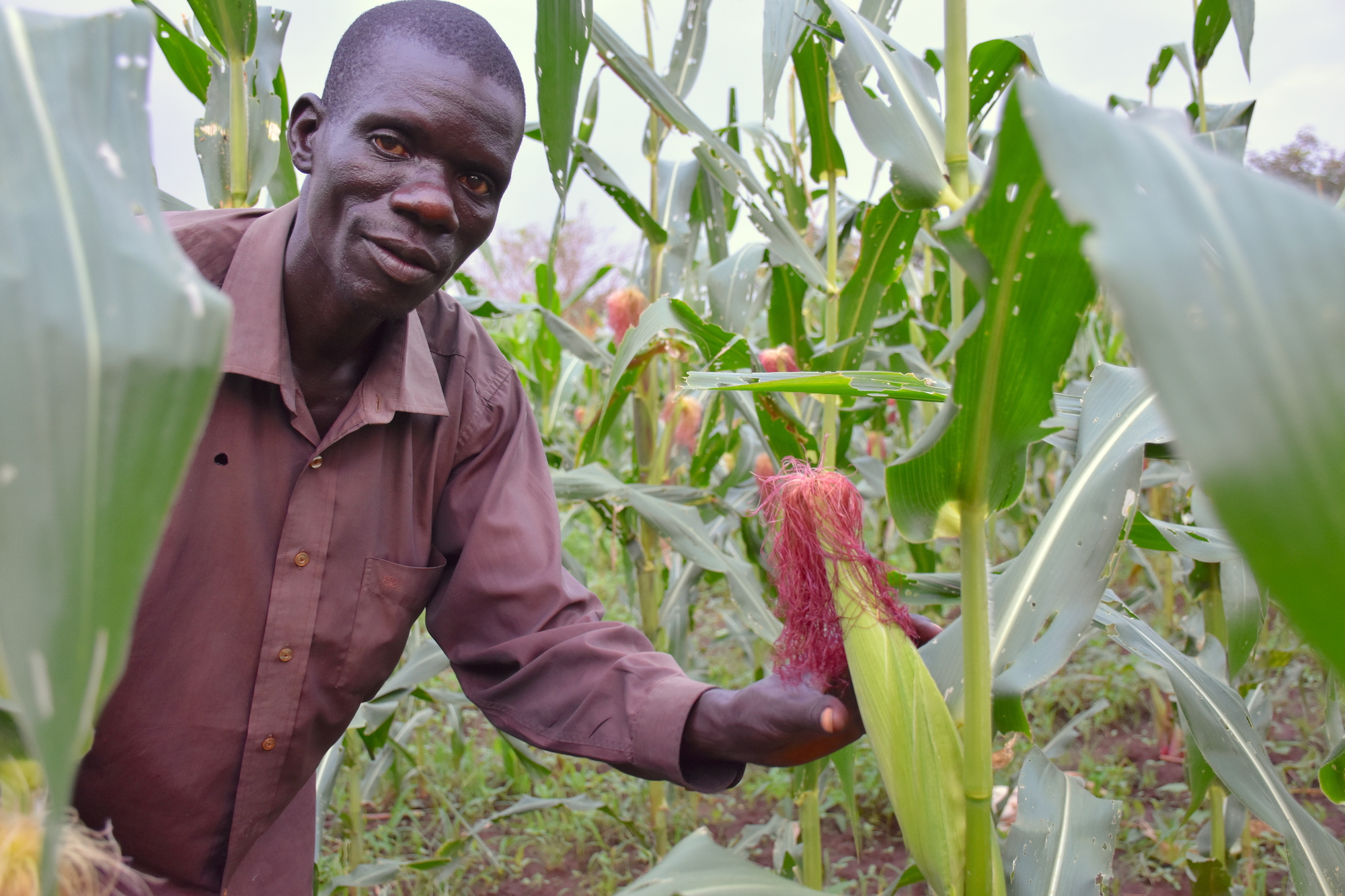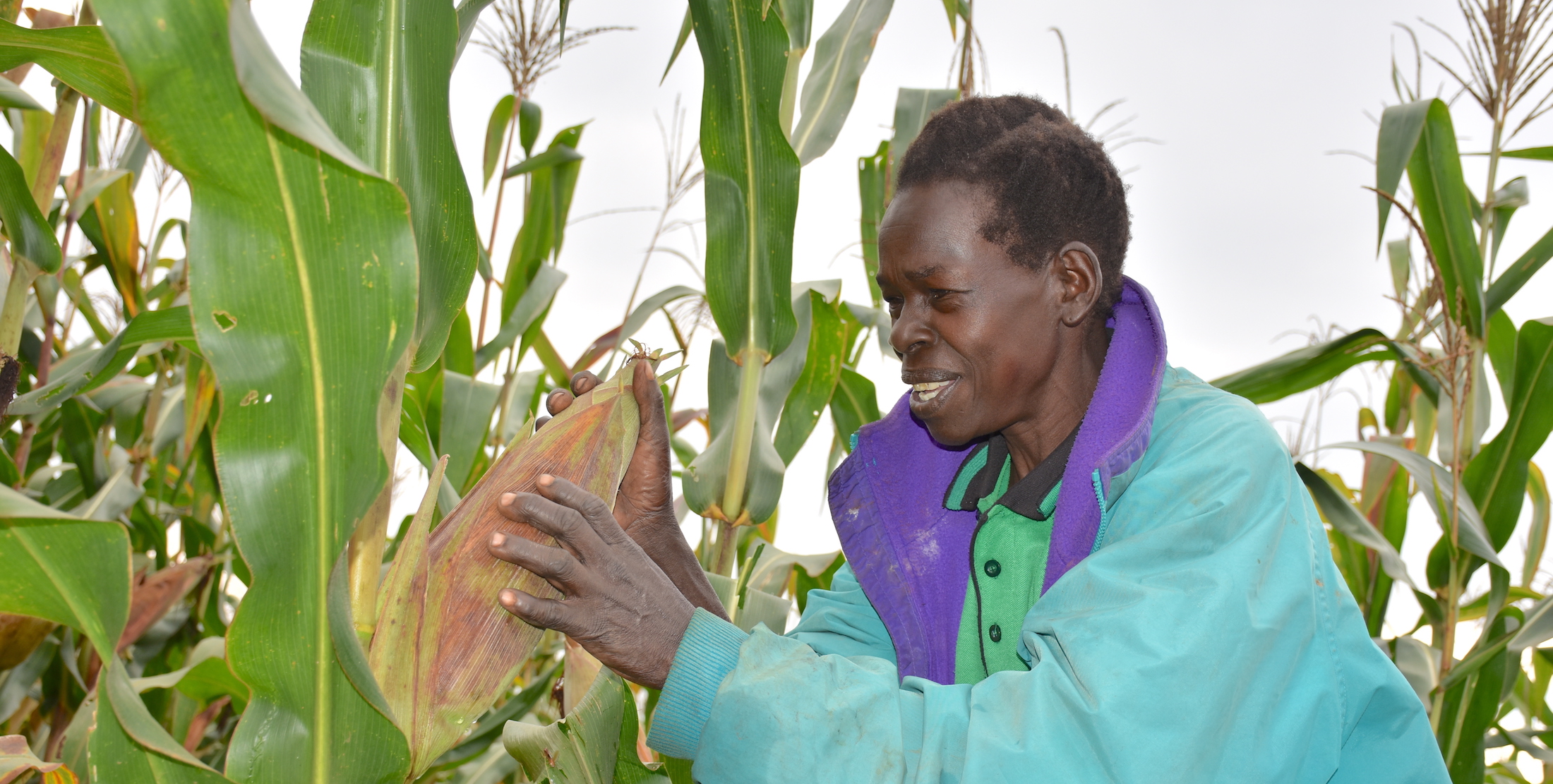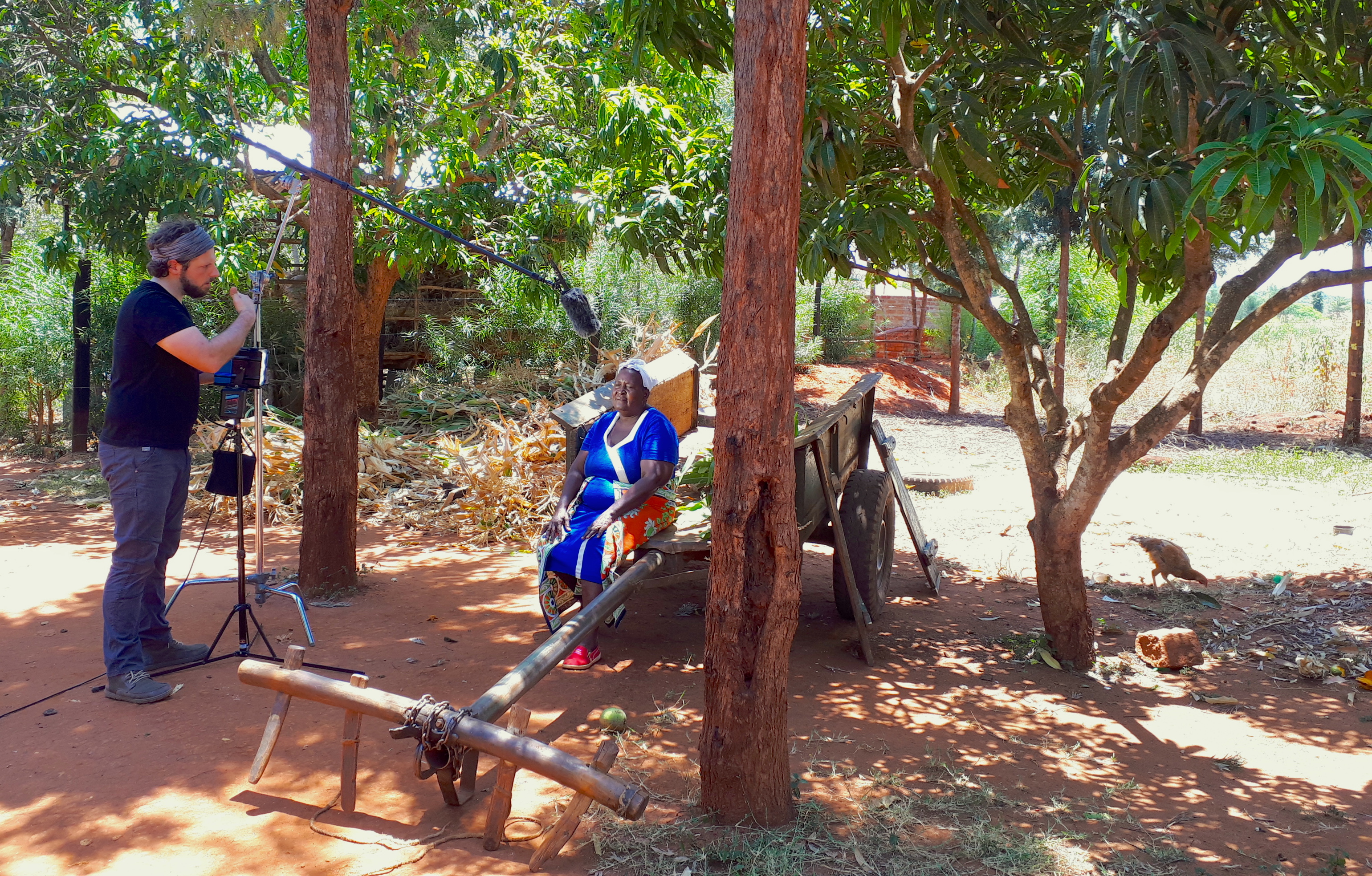The Drought Tolerant Maize for Africa project aims to mitigate drought and other constraints to maize production in sub-Saharan Africa, increasing maize yields by at least one ton per hectare under moderate drought and with a 20 to 30 percent increase over farmers’ current yields, benefiting up to 40 million people in 13 African countries. The project brings together farmers, research institutions, extension specialists, seed producers, farmer community organizations and non-governmental organizations. It is jointly implemented by CIMMYT and the International Institute for Tropical Agriculture, in close collaboration with national agricultural research systems in participating nations. Millions of farmers in the region are already benefiting from the outputs of this partnership, which includes support and training for African seed producers and promoting vibrant, competitive seed markets.
Achievements:
- Between 2007 and 12, participants marketed or otherwise made available 60 drought tolerant hybrids and 57 open-pollinated varieties to smallholder farmers
- In addition to drought tolerance, the new varieties and hybrids also possess such desirable traits as resistance to major diseases
- Engage government officials in policy dialogue to help fast-track varietal releases and fosters competitive seed markets and more
widespread access to quality seed at affordable prices - Help ensure farmers’ access to the best possible products and services, coordinate various capacity-building events and
activities for maize breeders, technicians, seed producers, extension workers, non-government organizations and farmer groups - Provide technical and advisory support to 50 African undergraduate and 28 African graduate students
- Expand smallholder farmers’ use of drought and other stress tolerant maize seed to benefit 30 to 40 million people and provide added grain worth $160-200 million each year in drought-affected areas of sub-Saharan Africa
Principal coordinator
Tsedeke Abate
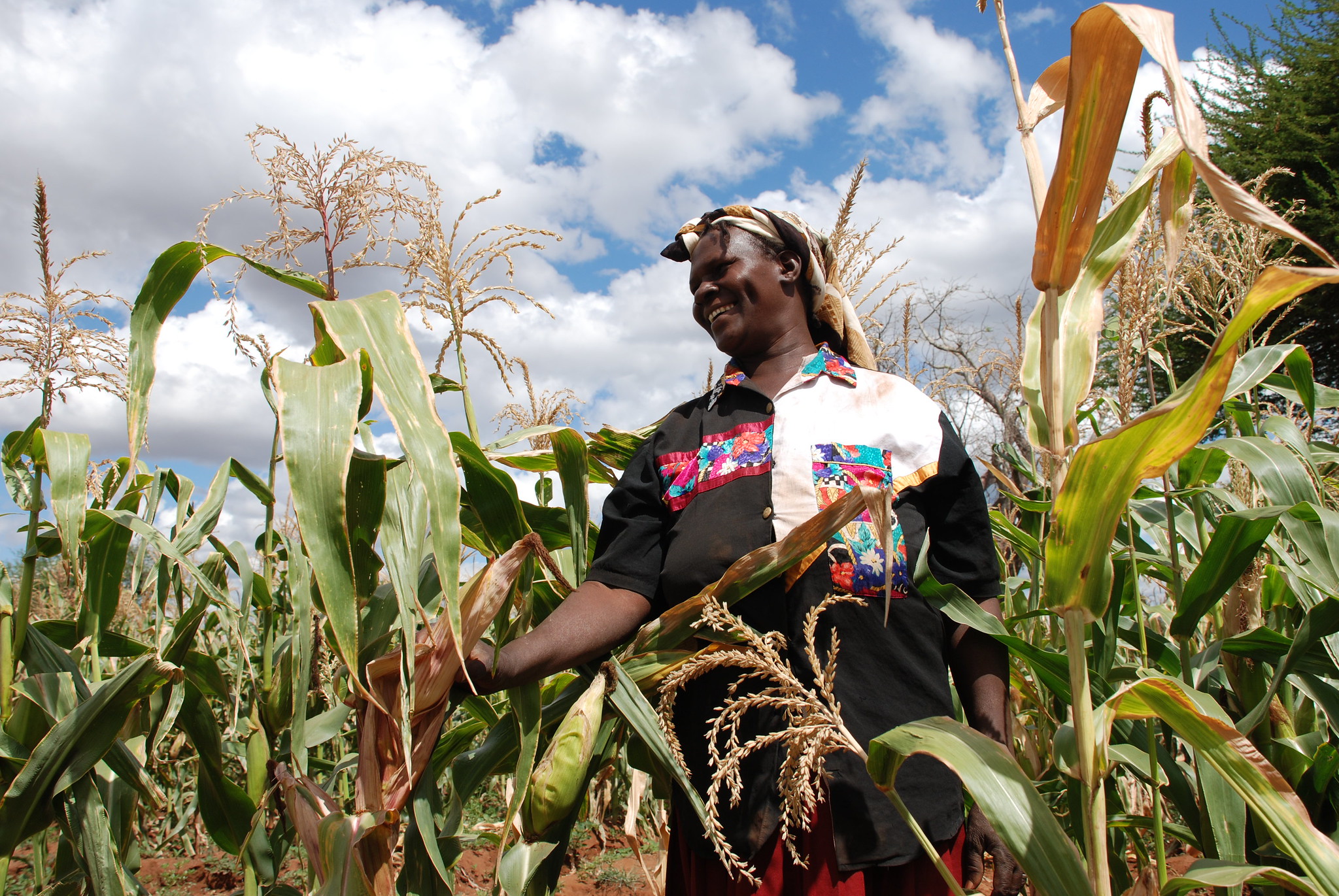
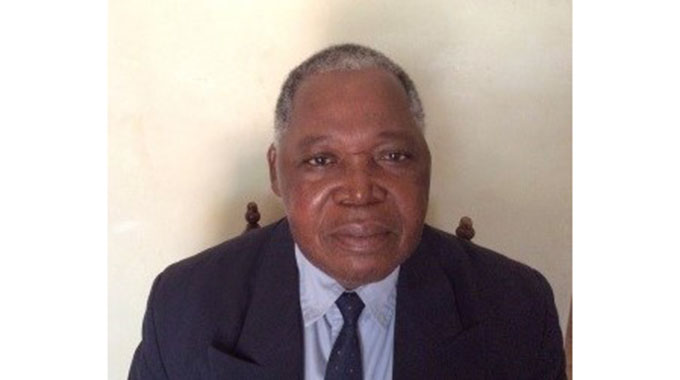
 Nutrition, health and food security
Nutrition, health and food security 